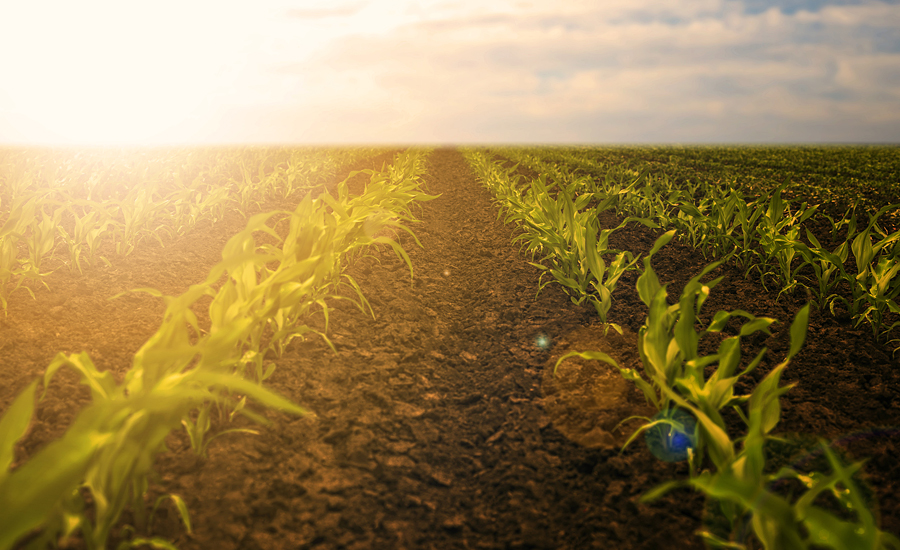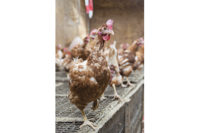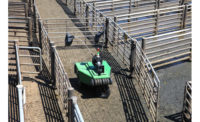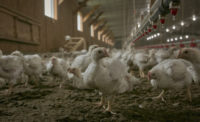Wageningen University & Research (WUR), The Netherlands, received more than €8 million from the Dutch Research Council (NWO) and participating bodies for two major research programs—one involving tower garden systems using LEDs and the other focusing on improvements in the welfare of pigs and chickens. A third project is about sustainable fresh water management in the Dutch delta.
Tower gardens using LEDs
SKY HIGH, a research program led by Leo Marcelis, professor of horticulture and product physiology, aims to bring about a revolution in vertical farming.
“The increasing world population needs to be fed. While more and more people live in cities, there is often too little water, and we want our vegetables to have more and more nutritional value. By growing plants in layers on top of each other and illuminating them with special LED lights, you can produce fresh vegetables year-round, anywhere in the world and under all weather and climate conditions,” says Marcelis.
Researchers working on the SKY HIGH program will cooperate with lighting specialists, plant breeding companies, growers, horticultural technology companies, architects and food suppliers to make vertical agriculture systems more energy-efficient. Another aim is to produce vegetables and herbs that boast longer shelf lives and provide more nutritional value, while using the absolute minimum of water and fertilizers and no pesticides.
Improved welfare for pigs and chickens
The IMAGEN program brings together research on animal behavior and computer science to improve the health and welfare of pigs and laying hens and to reduce the ecological footprint of food production.
Researchers are developing a system that automatically monitors the behavior of pigs and poultry in large groups. The system will be able to identify the perpetrators and victims of undesirable behavior such as tail biting or pecking in order to prevent animal suffering and premature fatalities. In addition, researchers will examine the relationships between genes and behavior, so they can identify animals that are genetically the most suited to living peacefully and comfortably in large groups. Participants include animal breeders, technology companies, the Netherlands Agricultural and Horticultural Association, the Royal Netherlands Veterinary Association and the Dutch Society for the Protection of Animals.
Safeguarding freshwater supplies with virtual delta
The SALTISolutions program will join forces with local stakeholders to create a virtual model (digital twin) of the Rhine-Meuse delta. The model will integrate knowledge of processes at various spatial and temporal scales—from turbulent flows at the tiniest scale to the long-term consequences of climate change. The aim is to predict how, where, when and for how long salt from seawater will penetrate freshwater sources and how measures such as the implementation of nature-based solutions will affect the freshwater supply.
The project results a total of three PhD projects for the Wageningen chair group hydrology and quantitative water management.



